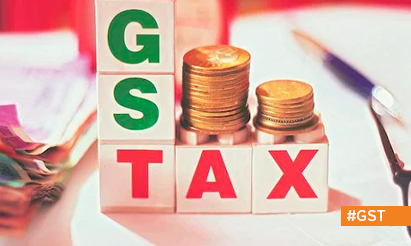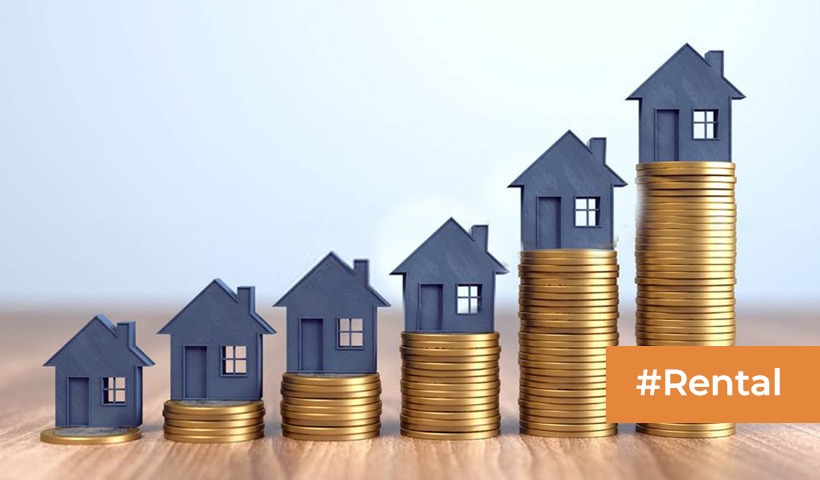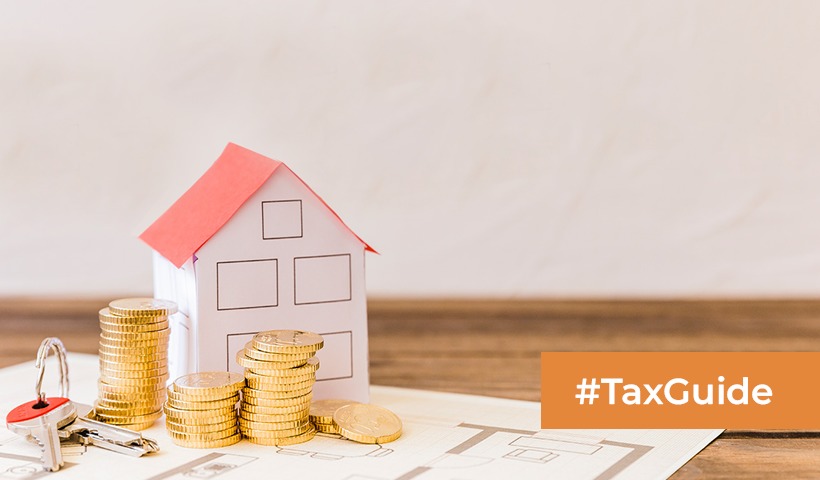All you need to know about the GST applicable on properties
Real estate is the second largest employment provider in the country, making it a crucial part. Like all other commodities, GST is also applicable to buying and selling of real estate.
However, a standard GST rate of 12% is applicable across the sector for properties under construction. This rate is quashed for ready-to-move-in and other properties that have received Completion Certification (CC).
In the GST council meeting held in 2019, the applicable rates were reduced to 5% from 12% on residential properties. GST on property purchase under affordable housing has been reduced to 1% from 8%.
Let us learn about these GST rates in detail
Types of central and state taxes covered under GST
Here are some state and central taxes that were subsumed under GST (Goods and Service Tax).
Central Taxes
- Excise duty
- Custom duty
- Service tax
- VAT
- Special Additional Duty of Customs
- Central Sales Tax
- Central Surcharge and cess on supply of goods and services
State Taxes
- State VAT
- Entertainment tax
- Luxury tax
- State excise duty
- State surcharge and cess on supply of goods and services
- Ad taxes
- Purchase taxes
- Taxes on lottery, gambling, and betting
GST on Real Estate
The real estate market has been in a state of slowdown even before the pandemic began last year. Since the outbreak of the pandemic, the Indian government has modified GST rates to stimulate the industry.
| Property Type | GST Before March 2019 | GST After March 2019 |
| Affordable housing | 8% with ITC | 1% without ITC |
| Non-affordable housing | 12% with ITC | 5% without ITC |
| Commercial Properties | 12% with ITC | Remains unchanged |
GST Rates for Construction Material*
| Description | GST Rate |
| Building bricks | 5% |
| Marble rubble | 5% |
| Fly ash blocks | 5% |
| Roof bricks/tiles | 5% |
| Natural sand for construction | 5% |
| Marble/granite blocks | 12% |
| Refractory bricks/tiles | 18% |
| Glass for construction | 18% |
| Prefab components for building | 18% |
| Marble/Granite other than blocks | 18% |
| Portland/Slag cement | 28% |
* Subject to changes suggested at the GST council Meetings
GST on Construction Services*
| Construction Services | GST Rate |
| Under construction properties under (CLSS) Credit Linked Subsidy Scheme | 8% |
| Under construction properties (excluding those under CLSS) | 12% |
| Composite supply of works contract for affordable housing | 12% |
| Composite supply of works contract to local agencies/ govt bodies | 12% |
| Composite supply of works contract (other than local agencies/ govt bodies/ affordable housing) | 18% |
| Works Contract (other than govt bodies) | 18% |
*Subject to changes suggested at the GST Council Meetings
Note: Registration and Stamp Duty remain the same as per state government laws and policies.
Input tax credit for Real Estate developers
Input Tax Credit (ITC) is claimed by real estate developers in terms of multiple inputs like cement, bricks, labour, and construction raw materials. The main aim of ITC is to prevent double tax situations wherein the GST amount charged at every stage is offset by ITC received on the amount charged in the previous stage.
Case conditions for claiming ITC in Real Estate are:
- Claim making person must produce debit note/ purchase or tax invoice as GST proof
- Goods and/or services have already been received by the claim making person
- ITC claiming person has not used the goods and/or services received for personal use
- Due tax paid to the government by the supplier
- Valid GST return filed by ITC claim making person
Benefits of reduction of GST rates on residential properties
The reduction proposed by the GST council has been implemented from April 1, 2019, that offers the following benefits:
- Better or easier tax structure that leads to greater compliance from property builders
- Ensures fair price for both buyers and sellers due to GST rate cuts on the residential properties
- Elimination of issues associated with ITC claim benefits
- Better overall prices in the residential sector
FAQs
- How has GST impacted the real estate sector? With recent GST rate cuts for finished and under-construction properties in India, the residential sector is trying to boost as the entire processes have become more transparent.
- Who must pay GST on real estate? GST is typically paid by the homeowners or builders, especially for investments in under-construction properties.
- What are the different types of GST rates in India? There are only three types of GST rates in India – Central Goods and Service Tax (CGST), State Goods and Service Tax (SGST), and Integrated Goods and Service Tax (IGST).
Disclaimer: The views expressed above are for informational purposes only based on industry reports and related news stories. PropertyPistol does not guarantee the accuracy, completeness, or reliability of the information and shall not be held responsible for any action taken based on the published information.




